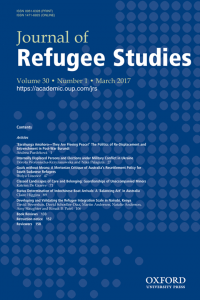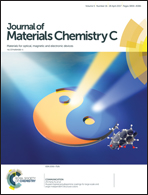
A scheme of far-reaching research misconduct among several groups of Iranian researchers may have created hundreds of low-quality and fraudulent publications, according to a new detailed report by an anonymous whistleblower who has already forced the retraction of dozens of papers by one author in the ring.
The whistleblower, who goes by the pseudonym Artemisia Stricta, says that he or she is an expert in the field of construction engineering — the same as researchers behind the alleged misconduct.
In a new report now being made public by Retraction Watch, Artemisia draws attention to four main groups centered on Ali Nazari, Mostafa Jalal, a postdoc at Texas A&M University, Ehsan Mohseni of the University of Newcastle in Australia, and Alireza Najigivi of Sharif University of Technology in Tehran. The whistleblower lists a total of 287 potentially compromised papers in the 42-page report.
Continue reading The ‘Iran Connection’: A ring of four research groups has published hundreds of dodgy papers, says whistleblower
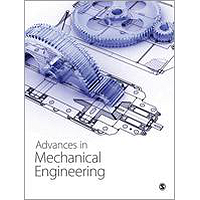 Many publishers have been duped by fake peer reviews, which have brought down more than 600 papers to date. But some continue to get fooled.
Many publishers have been duped by fake peer reviews, which have brought down more than 600 papers to date. But some continue to get fooled.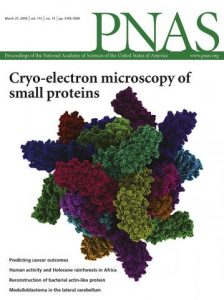

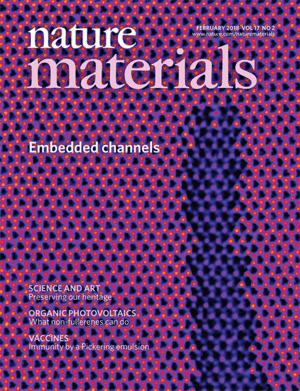 The authors of a highly cited 2016 research letter on a way to improve the efficiency of solar panels have retracted their work following “concerns about the reproducibility.”
The authors of a highly cited 2016 research letter on a way to improve the efficiency of solar panels have retracted their work following “concerns about the reproducibility.”
